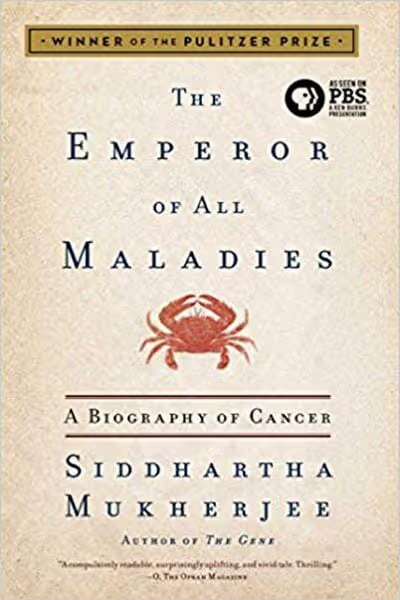Memory in Oral Traditions
Oral traditions, which have long been researched by anthropologists, historians, and linguists, have supplied a plethora of intriguing insights on distinct cultural practises that span the history of humanity. David C. Rubin, a cognitive psychologist, gives for the first time in this pioneering study an accessible, thorough analysis of what such traditions may tell us about the complicated inner workings of human memory. Rubin provides a model of recall, based on their three basic forms of organization theme, imagery, and sound pattern, and utilises it to discover the mechanics of memory that underpin genres such as counting-out rhymes, ballads, and epics.
The book concludes with an engrossing exploration of how conversions from oral to written communication modes might forecast how cutting-edge computer technology will effect future transmission protocols. Throughout, Rubin offers the findings of significant fresh research as well as novel insights on traditional topics. Memory in Oral Traditions is a well written and farsighted book that will be avidly read by students and academics in fields as diverse as cognitive psychology, literary studies, classics, and cultural anthropology.
This is a fantastic book. Rubin uses cognitive science learning to help us grasp oral traditions – stories passed down by word of mouth. And he writes about how the ancients knew things about cognition that have just lately been rediscovered. For example, rhyme and rhythm are both mnemonic and euphonic. Using rhyme, metre, rhythm, and song to make something memorable is one of the finest methods to do it. That appears to be how "The Odyssey" and "The Iliad" were passed down.






















































